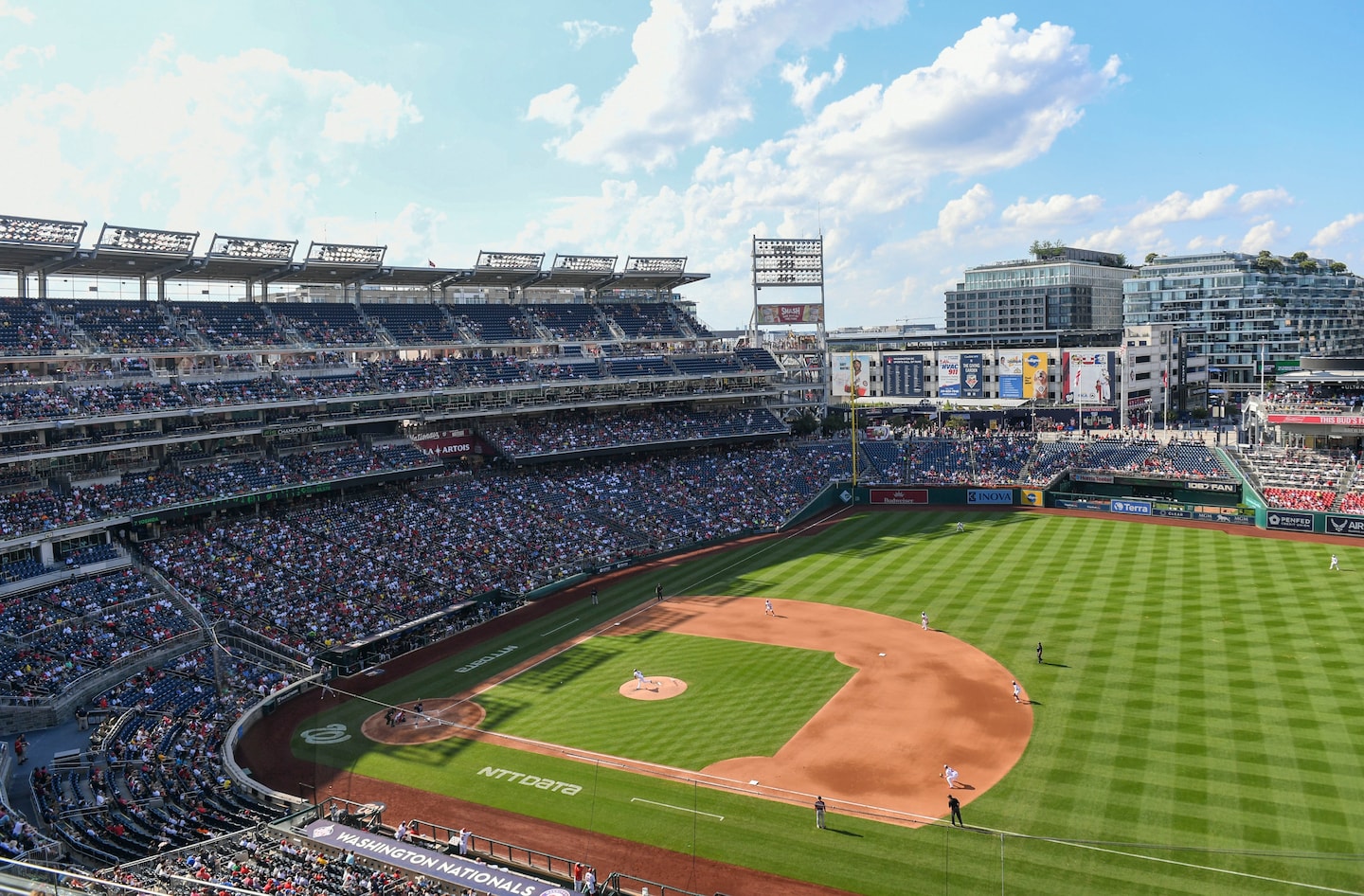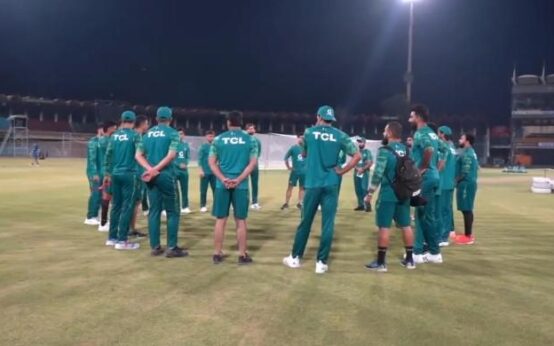In April 2022, the Lerner family announced it was open to exploring a sale of the team, and it remains so. But the family is not close to a sale, according to three people familiar with the matter, all of whom indicated that while Ted Leonsis, head of Monumental Sports & Entertainment, remains the likeliest eventual buyer, familiar long-standing obstacles remain.
The list of obstacles has always started with the Lerner family’s expectations for a sale price.
People familiar with those expectations have long suggested the Lerners hoped to sell the Nationals for something near the $2.4 billion Steve Cohen paid for the New York Mets in 2020, the previous time an MLB team was sold. That number always seemed high for a less established franchise in a smaller market, but the Lerners have seemed comfortable waiting until they received their desired price. Leonsis — who owns the NBA’s Wizards, the NHL’s Capitals and the WNBA’s Mystics — offered more than $2 billion for the Nationals last year, and the Lerners did not take it. Leonsis declined to comment for this story, though he has publicly acknowledged his interest in adding the Nationals to his holdings.
“I am not shy to say I want to claim to buy a baseball team,” he said at Sportico’s Invest in Sports conference in October. “I love the sport.”
The main complication remains the Nationals’ dispute with the Baltimore Orioles over broadcast rights and revenue. The Nationals’ TV rights are owned by the Orioles through Mid-Atlantic Sports Network (MASN), and the teams have long disagreed over how much Baltimore should pay Washington. As a result, that revenue was tied up in the courts. This year, the sides reached an agreement in which the Orioles would pay the Nationals roughly $100 million in unpaid rights fees for the period from 2012 to 2016. And in November, an MLB-appointed committee ruled the Orioles owe the Nationals an average of $60 million in rights fees annually for the period from 2017 to 2021. But there is still no certainty about the value of the rights going forward.
The Nationals still owe roughly $99 million over three years to Stephen Strasburg, who plans to retire, and $15 million annually through 2027 to Max Scherzer, who was traded in 2021. Ticket sales fell as the team’s on-field product suffered amid its rebuild — and the Nationals’ main suitor, Leonsis, has spent years building a Washington sports network and empire — so television revenue clarity has been and will be crucial.
Leonsis recently acknowledged the boost baseball could provide an enterprise such as his Monumental Sports Network while he was speaking at Sports Business Journal’s Dealmakers conference.
“We want to have year-round programming. That’s what we’re trying to do. That’s certainly what MSG has done, although they don’t have a baseball team,” said Leonsis, who was speaking to an investor in Madison Square Garden Network, home of the New York Rangers and Knicks. “So we want to have that year-round programming.”
As a result, Mark Lerner, the Washington Nationals’ managing principal owner, and his tight circle of family partners are still operating the team as if they plan to own it indefinitely, shepherding the franchise through a rebuild they might not be around to see completed while also overseeing a dramatic restructuring of their baseball operations department.
General Manager Mike Rizzo and Manager Dave Martinez received multiyear contract extensions late in the season and proceeded to make substantial changes to their supporting casts, including the purge of several longtime special assistants to Rizzo. The team is in transition on the field and off it — and potentially in the owner’s suite as well. The Nationals declined to comment.
The most visible evidence of the uncertainty around the franchise might lie in its payroll: As things stand at the start of the winter meetings, the Nationals probably will begin next year with their lowest 162-game payroll since 2012, with just more than $100 million committed to the roster in 2024, according to Cot’s Baseball Contracts. As things stand, the Nationals would start next season with the 19th-highest payroll in MLB.
That number is somewhat deceptive because $35 million of that total is owed to Strasburg. Another $24 million is owed to Patrick Corbin for the final season of the six-year deal the left-hander signed when the Nationals were pushing for the World Series. In short, the Nationals have committed somewhere around $40 million to the bulk of their big league roster for next season, and they are not expected to spend much on free agents this offseason, either. For reference, the only team projected to have an Opening Day payroll below $40 million is the Oakland Athletics.
The lack of spending on the roster as well as the purge of front-office operatives could reasonably be interpreted as signs that the Lerner family wants to pare down spending to make the franchise more appealing to a potential buyer — or at least make it cheaper to operate while it considers its options. But multiple people with direct knowledge of the organization’s spending decisions suggested that when it comes to the roster, a potential sale is not the reason for the stinginess.
Instead, the Nationals’ unwillingness to bid on top-dollar free agents this offseason is largely because they believe they are not one or two stars away from contention — at least not yet. They will be interested in bolstering their starting pitching depth around a young core. They might pursue a first baseman and an outfielder. They are not, Rizzo said at the general managers meetings in November, at the point of seeking to bring in an established star to help turn the team into a winner, as they did with Jayson Werth ahead of the 2011 season.
“Financially, that doesn’t come into play. I think it’s, ‘When are you ready to strike, and what player is that guy?’ ” Rizzo said. “Those are the two questions you have to answer. Is this the right year — meaning is the right guy there who puts you over the top?”
Then, Rizzo said, the Nationals needed more than on-field help — they needed an overhaul in clubhouse and franchise culture to turn an expansion franchise into a credible winner. Now, he says, the culture is established.
“We’re way ahead of where we were the last rebuild because we rebuilt the culture and the expectation when we bring a guy in, even if it’s a [Kyle] Schwarber for one year — he knew what he was walking into. He knew the standards we have, that I have,” Rizzo said. What Rizzo himself cannot know, what no free agent can know, is who will be paying to maintain that culture moving forward and when they will be willing to spend enough to win again.


 Best Underground Water Leak Detection Equipment 2024
Best Underground Water Leak Detection Equipment 2024  Best Backyard Ideas: Turn Your Outdoor Area Into a Creative and Calm Haven
Best Backyard Ideas: Turn Your Outdoor Area Into a Creative and Calm Haven  Babar, Rizwan are good players but not whole team, says Mohammad Hafeez
Babar, Rizwan are good players but not whole team, says Mohammad Hafeez  Pak vs NZ: Green Shirts aim to bounce back against Kiwis today
Pak vs NZ: Green Shirts aim to bounce back against Kiwis today